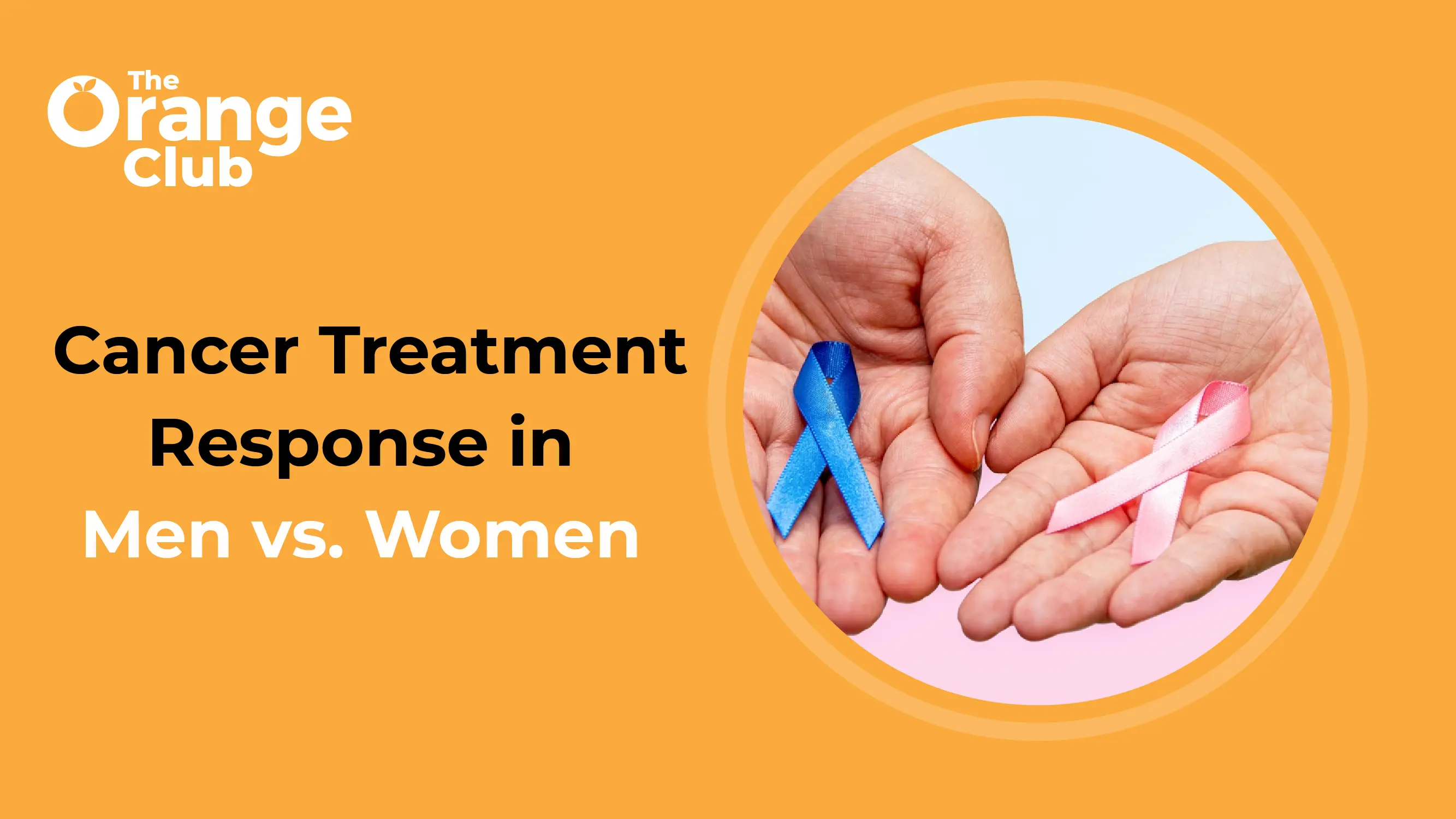Search for tests or checkups
SupportWhat Are the Symptoms of Viral Fever and How to Tell It Apart

As seasonal transitions and monsoon patterns affect India, viral fevers become increasingly common. Whether triggered by airborne viruses or mosquito-borne infections, many people experience flu-like symptoms but remain unsure of the underlying cause. This blog will help you understand the common symptoms of viral fever, how to distinguish it from other illnesses like dengue and typhoid, and when to seek proper testing and care.
What Is a Viral Fever?
Viral fever refers to a group of illnesses where a virus is the cause of elevated body temperature and related symptoms. These infections spread through several routes:
- Airborne droplets: From coughing or sneezing
- Contaminated surfaces: Touching infected objects
- Vector-borne transmission: Mosquitoes (e.g., dengue, chikungunya)
Most viral fevers are self-limiting and resolve within 3–7 days with rest and hydration. However, some may mimic more serious infections if not diagnosed in time.
Common Symptoms of Viral Fever
While symptoms can vary slightly based on the virus, most viral fevers present with:
- Sudden or gradual onset of fever: Typically between 99°F and 103°F
- Body ache and fatigue: Often generalized and persistent
- Chills and sweating: Especially in the evenings or early mornings
- Headache and sore throat: Accompanied by a dry or mild cough
- Runny or stuffy nose: More common in upper respiratory viral infections
- Occasional GI symptoms: Nausea, stomach cramps, or diarrhea in some cases
How to Tell Viral Fever from Dengue or Typhoid
Many fevers during the monsoon season are misidentified. Here’s how to tell them apart:
- Dengue Fever: High-grade fever, severe joint or muscle pain, retro-orbital eye pain, skin rash, low platelet count
- Typhoid Fever: Gradual increase in temperature, prolonged fatigue, abdominal pain, loss of appetite, coated tongue
- Viral Fever: Sudden or slow onset, milder symptoms, short duration, and usually no drop in WBC or platelets
Warning Signs It May Not Be Just Viral
Watch out for signs that indicate something more serious than a routine viral infection:
- Fever persisting beyond 4–5 days
- Rash, bleeding gums, or unexplained bruising
- Shortness of breath or chest pain
- Severe vomiting or signs of dehydration
- Mental confusion or extreme fatigue
When to Get Tested
Diagnostic testing helps rule out bacterial and other infectious causes. You should consider testing if:
- Your fever continues after 48 hours
- You have muscle/joint pain with high fever
- You’ve been exposed to mosquitoes or recently traveled
Recommended tests include:
- CBC Test: To track WBC and platelet counts
- CRP Test: Detects inflammation levels
- Dengue Test: If symptoms appear dengue-like
- Widal Test: To rule out typhoid
- COVID-19 RT-PCR or Antigen: Especially if respiratory symptoms are present
Why Accurate Diagnosis Matters
- Avoid antibiotic misuse: Viral fevers don’t need antibiotics
- Prevents delayed diagnosis: Ruling out dengue or typhoid early can prevent complications
- Guides proper care: Knowing the cause helps determine if you need hospital care or just rest
How Orange Health Labs Can Help
- Book at-home CBC, CRP, dengue, or COVID tests online
- Sample collection within 60 minutes in major cities
- Receive free doctor consultations for test interpretation
Recovery Tips
Most viral fevers resolve on their own within a few days, provided the body is given enough support. Home care plays a vital role in speeding up recovery and preventing further complications.
- Hydration is key: High fever can lead to dehydration. Drink plenty of fluids like ORS (oral rehydration salts), coconut water, homemade soups, and plain water throughout the day to maintain electrolyte balance.
- Manage fever and pain responsibly: Use paracetamol as directed by your doctor to reduce fever and body aches. Avoid self-prescribing antibiotics unless there's confirmation of a bacterial infection.
- Eat light, nutritious meals: Opt for soft, easily digestible foods like khichdi, boiled vegetables, or toast. Avoid greasy or spicy foods until symptoms improve.
- Prioritize sleep and rest: Sleep is crucial for immune recovery. Limit screen time, avoid strenuous activity, and allow your body enough rest to recover faster.
While viral fevers are common, monitoring symptoms and testing when necessary are key to avoiding complications. Accurate diagnosis ensures that you receive appropriate care. With Orange Health Labs offering comprehensive at-home diagnostics and rapid results, your recovery journey can begin from the comfort of home - without delay or uncertainty.
Book your fever panel today and take control of your health with Orange Health Labs.

Do Men and Women Respond Differently to Cancer Treatment?

How Preventive Health Checkups Help You Save Tax in India?
